Calendar and Venue
Date: November 25th to 28th, 2024
Time: 09:00 – 18:00 NPT (GMT+0545)
Venue: Atithi Resort and SPA Pvt. Ltd, Lakeside, Pokhara.
Workshop Details
1. Network Automation
Trainers:
- Terry Sweetser – Training Delivery Manager (South Asia and Oceania)
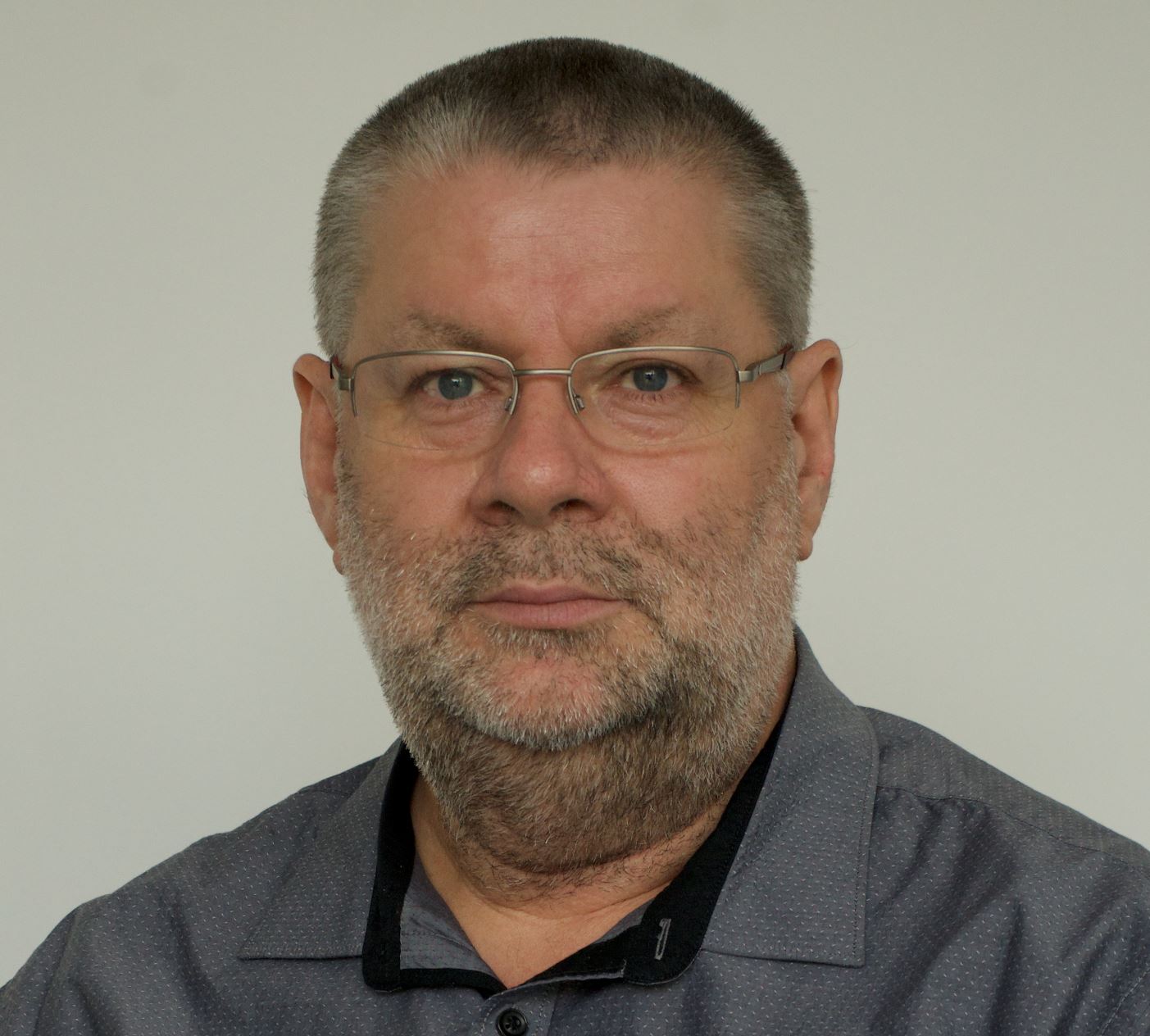
Terry is responsible for developing APNIC’s external training programs, ensuring that training initiatives support the needs of the APNIC community, in a proactive, service oriented manner for South Asia, Micronesia, Melanesia, Polynesia, Australia and New Zealand. Terry is Training Delivery Manager (South Asia and Oceania) at APNIC. - Rupesh Basnet – Co-Founder @ Om Networks, APNIC Community Trainer (South Asia and Oceania) (Voluntary)
 Rupesh Basnet has been working in the industry since the early 2007. Currently, he is a co-founder at OM Networks, an IT company, where he leads the company’s technical and research team. He had previously worked with Internet Service Provider in Nepal for more than 7 years holding differentpositions and assisting in areas related to System/Network Administration. During the tenure he worked in different projects that involves ISP/NSP’s network/system design, up-gradation & implementation. He has also been associated with local and international NOG’s as an active member helping as an instructor in different workshop tracks as well as volunteers in few.
Rupesh Basnet has been working in the industry since the early 2007. Currently, he is a co-founder at OM Networks, an IT company, where he leads the company’s technical and research team. He had previously worked with Internet Service Provider in Nepal for more than 7 years holding differentpositions and assisting in areas related to System/Network Administration. During the tenure he worked in different projects that involves ISP/NSP’s network/system design, up-gradation & implementation. He has also been associated with local and international NOG’s as an active member helping as an instructor in different workshop tracks as well as volunteers in few. - Sailesh Shrestha
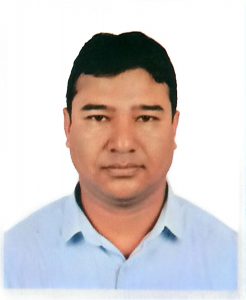 – Technical Consultant
– Technical Consultant
With over 19+ years of expertise in IT infrastructure, cybersecurity, systems architecture, cloud solutions, and software development, he has advanced from Support Engineer to Systems Manager followed by CISO and finally an IT Consultant. His career spans the software industry, ISP/NSP, and includes significant roles leading IT teams, developing strategies, and securing large enterprise infrastructures. An experienced instructor and active community member, he excels in communicating technical concepts to diverse stakeholders and delivering strategic IT solutions for enterprises, BFIs, and government agencies.
Synopsis
The objective of this workshop is to introduce Network Automation using a combination of theory and hands-on-labs. At the conclusion, the participants should have a good understanding of what Network Automation is, and how it can be applied in their environments.
Target Audience
Engineers, Network Managers and Operators, who are interested in Network Automation and want to gain an understanding of how to utilise various tools to improve network consistancy.
Pre-requisites
It is assumed that participants have a basic understanding of:
- Network operations, Internet technologies, OSI reference model and TCP/IP.
- Basic command line (CLI) skills (Linux and at least 1 Router Operating System).
We recommend the following Academy courses be completed before the start of the tutorial:
- Routing Fundamentals: Routing Fundamentals Course
- Linux Virtual Lab: Hands-on Virtual Labs
Course Outline
- Introduction to Automation
- The 3 W’s of Automation
- Introduction to Salt
- Introduction to YAML and Jinja
- Configuration Management using Salt
- Salt States: Advanced Configuration Management
- Parsing Output Using TextFSM
- The Salt Event Bus
- Napalm Logs
- The Salt Reactor
- Salt Rest API
- Building a Device inventory
- Extending Salt in your own environment
Course Materials
2. Advanced Routing
Trainers:
- Dibya Khatiwada – PCH, APNIC Community Trainer

Dibya works as a Provisioning Manager at Packet Clearing House (PCH), responsible for interconnection of PCH’s DNS Anycast network with networks around the world meeting at different Internet eXchange Points. With over 10 years of experience in the field, Dibya has been an active contributor at local and regional events like npNOG, SANOG, APRICOT on a variety of topics such as Network Monitoring and Management, BGP routing and Internet of Things. Dibya shares his knowledge as a retained community trainer for APNIC. - Milan Adhikari – WorldLink Communications , APNIC Community Trainer
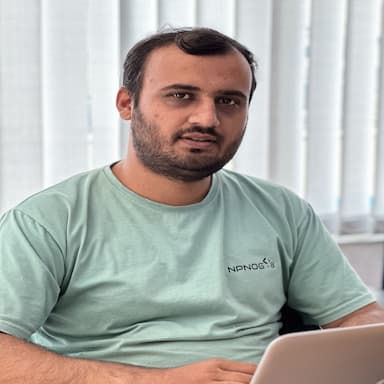 Milan Adhikari is a dedicated network engineer with a decade of experience at WorldLink Communications, Nepal. His current role focuses on the configuration and operations of Broadband Network Gateway (BNG) and AAA services. Milan has an extensive skill set in networking technologies, including OSPF, ISIS, BGP, MPLS, and wireless networking.An APNIC56 Fellow and APNIC Community Trainer, Milan has delivered numerous trainings at events like npNOG, SANOG, and APAN, where he shares his expertise and fosters growth within the networking community. Since 2018, he has actively volunteered and led workshops at npNOG, significantly contributing to knowledge-sharing in the field.
Milan Adhikari is a dedicated network engineer with a decade of experience at WorldLink Communications, Nepal. His current role focuses on the configuration and operations of Broadband Network Gateway (BNG) and AAA services. Milan has an extensive skill set in networking technologies, including OSPF, ISIS, BGP, MPLS, and wireless networking.An APNIC56 Fellow and APNIC Community Trainer, Milan has delivered numerous trainings at events like npNOG, SANOG, and APAN, where he shares his expertise and fosters growth within the networking community. Since 2018, he has actively volunteered and led workshops at npNOG, significantly contributing to knowledge-sharing in the field. - Priya Ranjan Karn – Websurfer Nepal Communication System, HOD RnD
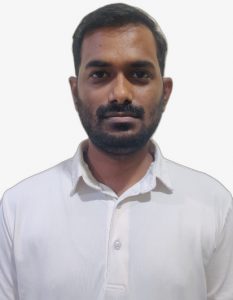 Priya Ranjan has been working in the ISP industry since last 11 years. Currently he is associated with one of the leading ISPs of Nepal, Websurfer Nepal Communication System as an HOD of RnD Department, where he leads the company’s technical research team. His current role involves planning, designing and implementation of the MPLS, MPLS services and Peering Networks along with best practices implementation within the ASN. He has recently started to engage himself to the NOGs as an instructor, volunteer and Presenter.
Priya Ranjan has been working in the ISP industry since last 11 years. Currently he is associated with one of the leading ISPs of Nepal, Websurfer Nepal Communication System as an HOD of RnD Department, where he leads the company’s technical research team. His current role involves planning, designing and implementation of the MPLS, MPLS services and Peering Networks along with best practices implementation within the ASN. He has recently started to engage himself to the NOGs as an instructor, volunteer and Presenter.
Synopsis
This is a technical workshop, made up of theory and practical lab work to teach advanced BGP skills required for the configuration and operation of large scale networks that make up the Internet.
Target Audience
Technical staff who are building or operating a service provider or enterprise network with international and/or multi-provider connectivity.
Pre-requisites
It is assumed that the workshop participants know:
- Have a working knowledge of an IGP (OSPF or IS-IS), and
- Network operations, Internet technologies, OSI reference model and TCP/IP.
- Basic command line (CLI) skills.
This workshop is not an introduction. The lab exercises use Cisco IOS configuration syntax.
Academy resources to be completed before start of workshop:
- https://academy.apnic.net/en/course/ipv6-fundamentals/
- https://academy.apnic.net/en/course/routing-fundamentals-course/
Course Outline:
- Dual Stack operations with an introduction to ipv6.
- BGP concepts for filtering updates by prefix, community strings and AS path.
- BGP Security
- Routing Security
Course Materials
3. Introduction to Containerization
Trainers
- Chatur Ratna Shakya (PCH)
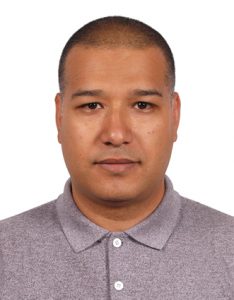
Chatur Ratna Shakya works as Senior Systems Engineer at Packet Clearing House (PCH). His primary task is operation of PCH’s DNS Anycast Network and Systems.Prior to PCH, Chatur worked for different ISP of Nepal as System / Network Engineer. With over 18 years of experience in the field, he has been an active contributor at local and regional NOGs like npNOG, INNOG, SANOG, APRICOT on topics like Network Monitoring and Management, Virtualization, Containerization, Network and System Automation, System Administration and Network Administration. - Abhishek Okheda (Worldlink Communications Ltd)
 Abhishek Singh Okheda is a tech enthusiast and a seasoned IT professional with over 12 years of experience at Worldlink Communications Ltd. Starting as an Assistant System Administrator, he advanced to his current role as Principal System Architect. With years of experience, he has developed expertise in systems design, servers and network infrastructure automation, troubleshooting, and performance enhancement, ensuring efficient and reliable operations across large-scale environments. Along with mentoring and training team members, his current role involves research and development, solving technical challenges, designing and planning of infrastructure and systems while collaborating with cross-functional teams.
Abhishek Singh Okheda is a tech enthusiast and a seasoned IT professional with over 12 years of experience at Worldlink Communications Ltd. Starting as an Assistant System Administrator, he advanced to his current role as Principal System Architect. With years of experience, he has developed expertise in systems design, servers and network infrastructure automation, troubleshooting, and performance enhancement, ensuring efficient and reliable operations across large-scale environments. Along with mentoring and training team members, his current role involves research and development, solving technical challenges, designing and planning of infrastructure and systems while collaborating with cross-functional teams. - Susant Shrestha (PCH)
 Susant Shrestha is an IT Engineer at Packet Clearing House (PCH), where he is responsible for the operation and management of the organization’s internal infrastructure. Prior to joining PCH, Susant gained valuable experience working with various system integrators and internet service providers (ISPs) in Nepal. In addition to his professional work, he has actively contributed to the tech community through volunteering with the Nepal Network Operators Group (NPNOG) and participating in various local community programs.
Susant Shrestha is an IT Engineer at Packet Clearing House (PCH), where he is responsible for the operation and management of the organization’s internal infrastructure. Prior to joining PCH, Susant gained valuable experience working with various system integrators and internet service providers (ISPs) in Nepal. In addition to his professional work, he has actively contributed to the tech community through volunteering with the Nepal Network Operators Group (NPNOG) and participating in various local community programs.
Synopsis
This technical workshop, made up of lectures and hands-on lab modules, is targeted at anyone who is involved in Internet technology standards, local and national network infrastructure deployment and day to day network operations.
Target audience
Technical staff who are involved in Internet technology standards, local and national network infrastructure planning & deployment, and day-to-day network operations
Prerequisite
This is not mandatory but probably be useful if the participants have a good understanding of network operations, Internet technologies, OSI reference model, TCP/IP, operating system knowledge and relevance topic.
Course Outline
Day One
- Welcome
- Introduction to Container
- Getting started with Docker
- Lab
- Install Docker Desktop
- Install Docker Engine
- Playing with Docker
- Doing more with Docker Imange
Day Two
- Docker Networking
- Docker Networking Hands-on-Lab
- Docker Volumes
- Hands on Docker Volumes
Day Three
- Docker Compose
- Hands on with Docker Compose
- Docker Monitoring Dashboard
Day Four
- Docker Backup
- Docker in Production Environment
Course Materials
